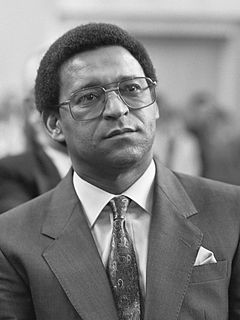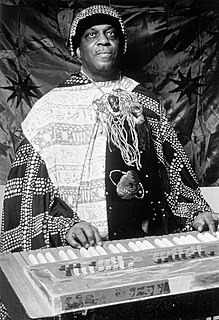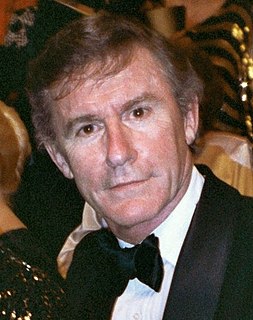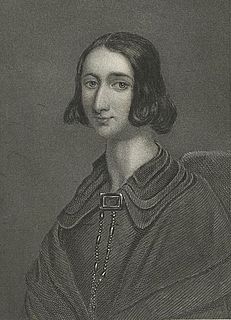A Quote by Samuel Taylor Coleridge
He saw a lawyer killing a viper on a dunghill hard by his own stable; And the Devil smiled, for it put him in mind of Cain and his brother Abel.
Related Quotes
On the whole, we're a murderous race. According to Genesis, it took as few as four people to make the planet too crowded to stand, and the first murder was a fratricide. Genesis says that in a fit of jealous rage, the very first child born to mortal parents, Cain, snapped and popped the first metaphorical cap in another human being. The attack was a bloody, brutal, violent, reprehensible killing. Cain's brother Abel probably never saw it coming. As I opened the door to my apartment, I was filled with a sense of empathic sympathy and intuitive understanding. For freaking Cain.
Beware the beast Man, for he is the Devil's pawn. Alone among God's primates, he kills for sport or lust or greed. Yea, he will murder his brother to possess his brother's land. Let him not breed in great numbers, for he will make a desert of his home and yours. Shun him; drive him back into his jungle lair, for he is the harbinger of death.
You may remember the story of how the devil and a friend of his were walking down the street, when they saw ahead of them a man stoop down and pick up something from the ground, look at it, and put it away in his pocket. The friend said to the devil, "What did that man pick up?" "He picked up a piece of the truth," said the devil. "That is a very bad business for you, then," said his friend. "Oh, not at all," the devil replied, "I am going to help him organize it."
There is a growing threat to the environment, to the vegetation, animals, water and air. Sacred Scripture hands us the image of Cain who rejects his responsibility: 'Am I my brother's keeper?' The Bible shows the human person as his brother's keeper and the guardian of creation which has been entrusted to him.
Then a strange thing happened. She turned to him and smiled, and as he saw her smile every rag of anger and hurt vanity dropped from him — as though his very moods were but the outer ripples of her own, as though emotion rose no longer in his breast unless she saw fit to pull an omnipotent controlling thread.
I may be a descendant of Seth. I say to myself, What does [the story of Cain and Abel] teach me? So I go back to all the interpretations in the Talmud, which to me are a source of pleasure and joy. Then I say, maybe this story is not for then; maybe it's for now! It's possible for brothers to kill one another in civil wars. But most important, whoever kills, kills his brother. That's a moral conclusion that may not be there; but that must be my conclusion. Otherwise, why read it? Whoever kills, kills his brother.
When one person is struck by the Word, he speaks it to others. God has willed that we should seek and find His living Word in the witness of a brother, in the mouth of man. Therefore, the Christian needs another Christian who speaks God’s Word to him. The Christ in his own heart is weaker than the Christ in the word of his brother; his own heart is uncertain, his brother’s is sure.
Take the story of Cain and Abel. Why were we given that story? Scientifically, you may have an explanation for it, but I'm not approaching it from the scientific point of view. I'm saying: Why do we need that? It's a sordid story, a depressing story, a dark story. Why should I believe that I'm a descendant of either Cain or Abel? Thank God there is a third son! [Genesis 4:25]





































